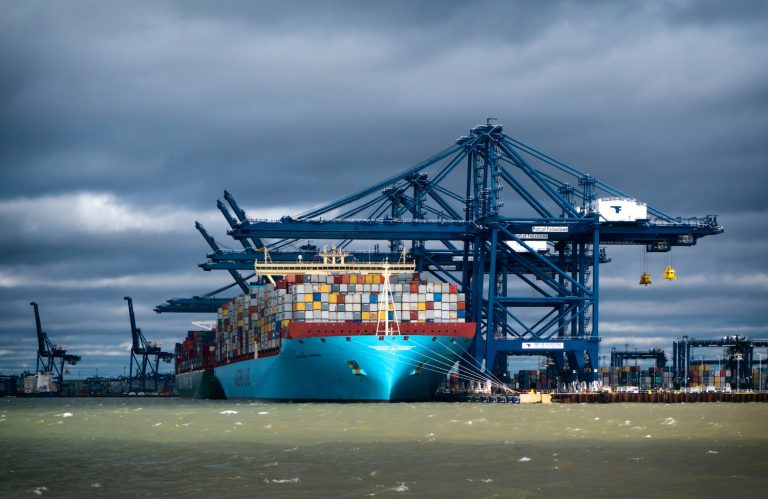A leading academic from the University of Manchester has called for urgent reforms in global supply chain management to address climate change, economic vulnerabilities, and social well-being. Dr Arijit De, Associate Professor in Management Science, argues that integrating sustainability into decision-making is critical for organisations to navigate current and future challenges.
Writing in On Infrastructure, a new publication from Policy@Manchester, Dr De highlights the pressing environmental impact of global supply chains. Citing alarming statistics, he points out that these networks are responsible for around 80% of global greenhouse gas emissions. This underscores the need for businesses to adopt greener practices and sustainable strategies.
Dr De also notes that supply chains are increasingly vulnerable to both human-made and natural disruptions. He references several high-profile incidents such as the Japanese tsunami in 2011, Typhoon Haiyan in the Philippines in 2013, and a significant logistics failure by KFC in the UK in 2018, which led to widespread store closures due to a chicken shortage. These events, he argues, highlight the fragility of global and national supply chains and the urgent need to build resilience.
“Supply chains are more interconnected than ever, and disruptions – whether from natural disasters or logistical errors – can have far-reaching consequences,” Dr De said. “By incorporating sustainability metrics into supply chain management, organisations can not only reduce their carbon footprint but also improve their ability to respond to disruptions.”
One potential solution, according to Dr De, lies in the use of artificial intelligence (AI) to optimise supply chain operations. He points to successful applications in UK retail, where AI-driven algorithms have been used to streamline delivery routes, manage inventory, and predict demand in real time. These tools, Dr De argues, enhance operational efficiency, lower costs, and improve resilience.
“We need to embrace AI and other emerging technologies to make supply chains more flexible and responsive to changing conditions,” he said. “These technologies can improve delivery times, reduce costs, and mitigate the risks posed by disruptions.”
Further, Dr De advocates for greater investment in supply chain infrastructure, which he terms “fortification investment.” He suggests that bolstering infrastructure and implementing goods-sharing strategies between facilities will improve supply chain resilience, ensuring that product flow is maintained even in the face of disruptions.
In his policy recommendations, Dr De stresses the importance of embedding sustainability criteria into procurement practices and supply chain regulations. He calls on national governments to incentivise sustainable behaviour among stakeholders through tax credits, subsidies for green technologies, and grants for sustainability projects.
Dr De also urges the UK government to invest in new technologies and infrastructure to enable the transition to sustainable supply chains. This includes supporting digitalisation, automation, and renewable energy solutions such as electric vehicles, which could help reduce emissions and optimise resource use.
Finally, he recommends that regulatory frameworks, such as the UK’s Climate Change Act, adopt a more comprehensive approach that considers not just environmental but also social and economic sustainability. This would align policies with global sustainability goals, including those set out by the United Nations.
Dr De’s research presents a roadmap for how businesses, governments, and industries can work together to create more sustainable, resilient, and efficient supply chains. The call to action comes at a critical time as global supply chains continue to face increasing pressure from climate change and other global disruptions.




